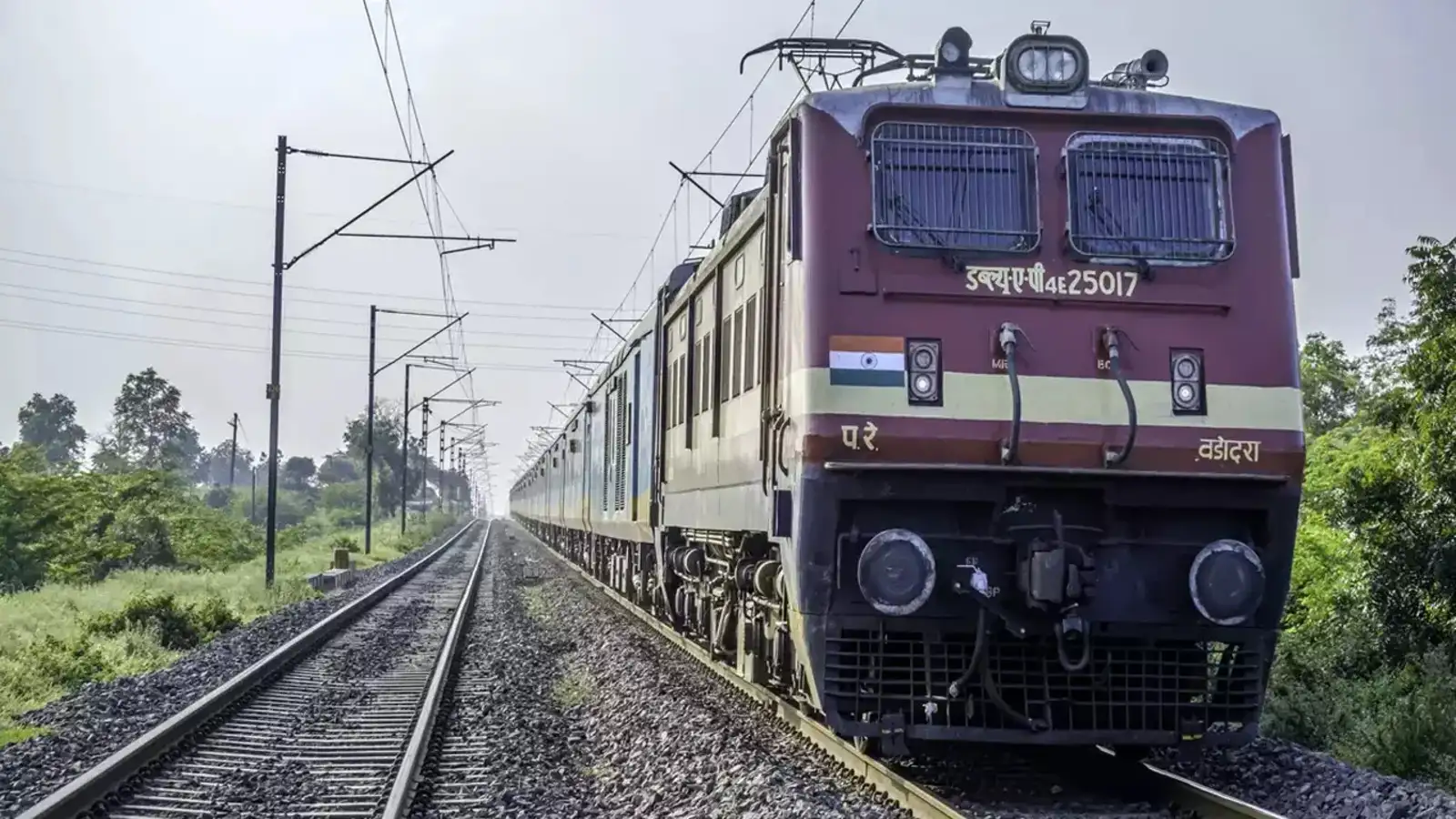Enhancing national transportation infrastructure and fostering sustainable development, the Cabinet Committee on Economic Affairs, chaired by Prime Minister Narendra Modi, has today approved two pivotal multi-tracking projects for Indian Railways.
These initiatives, strategically designed to augment line capacity, promise not only improved travel convenience and reduced logistical costs but also a substantial contribution to decreasing oil imports and lowering CO2 emissions. This move underscores a resolute commitment to bolstering sustainable and efficient rail operations, a critical pillar in India’s journey towards achieving zero net carbon, eco-friendly, and equitable urban and inter-city connectivity. The approved projects, located in the pivotal states of Madhya Pradesh and Maharashtra, encompass the Ratlam-Nagda 3rd and 4th lines, and the Wardha-Balharshah 4th line. With a total estimated cost of approximately ₹3,399 crore, these undertakings are slated for completion by the fiscal year 2029-30. Upon completion, they will collectively expand the existing Indian Railways network by approximately 176 kilometres of crucial additional track. This expansion is vital for de-congesting high-traffic corridors, facilitating smoother movement of both passenger and freight trains, and thereby reducing journey times and operational bottlenecks that currently hamper efficient rail services.
The economic implications of these multi-tracking projects are far-reaching. By enhancing line capacity, Indian Railways will be able to run more trains, leading to increased freight movement. This modal shift from road to rail for goods transportation is inherently more fuel-efficient and cost-effective, directly translating into reduced logistics costs for industries and businesses. This efficiency gain is crucial for bolstering India’s economic competitiveness and streamlining supply chains, contributing to a more robust national economy. Furthermore, the reduced reliance on road transport for heavy freight will alleviate pressure on national highways, prolonging their lifespan and lowering maintenance expenditures.
Beyond the immediate economic benefits, the environmental dividends of these rail upgrades are substantial. Rail transport, particularly when electrified, boasts a significantly lower carbon footprint per tonne-kilometre or passenger-kilometre compared to road transport. By enabling a greater volume of traffic to be carried by rail, these projects will contribute to a tangible decrease in CO2 emissions, aligning with India’s ambitious climate action goals. Moreover, the reduced dependence on road freight will directly translate into a decrease in oil imports, strengthening India’s energy security and reducing its trade deficit, fostering a more self-reliant and sustainable energy future. The strategic approval of these projects also addresses the growing demand for passenger rail services. With additional lines, Indian Railways can introduce more trains, improve punctuality, and offer greater frequency, enhancing travel convenience for millions of citizens. This improved accessibility to efficient public transport is a cornerstone of creating more equitable and gender-neutral cities, ensuring that all segments of society can benefit from modern and reliable transportation options. The seamless and faster transportation facilitated by these upgrades will directly impact the daily lives of commuters and long-distance travellers alike, reducing stress and improving overall quality of life.
These multi-tracking initiatives are integral components of Indian Railways’ broader modernisation and expansion agenda, which envisions a high-capacity, high-speed, and environmentally sustainable network across the nation. The investments in critical infrastructure such as these lines are not merely about adding kilometres of track; they are about building a resilient and future-ready transportation backbone that can support India’s rapid urbanisation and economic growth while prioritising environmental stewardship. The commitment to such sustainable and efficient rail operations reflects a visionary approach to national development, positioning Indian cities at the forefront of a global transition towards greener urban living and responsible resource management. The timely completion of these projects will be crucial in realising the full potential of these transformative investments, underpinning India’s journey towards a truly sustainable and prosperous future.
Also Read: Bhubaneswar City Plans Biogas Plant for Green Waste


